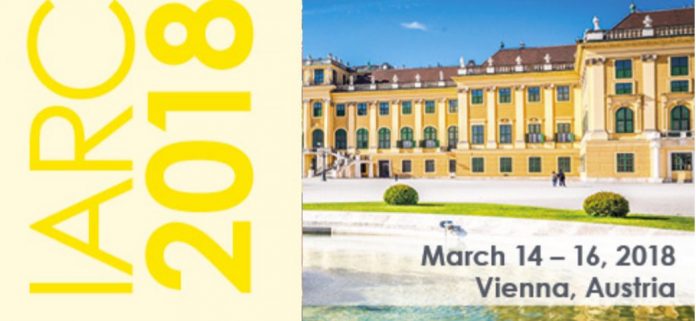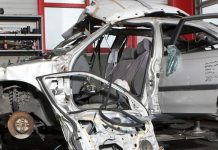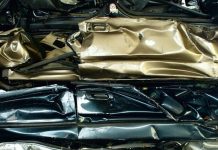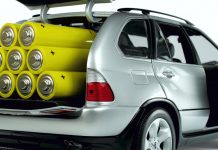Birrwil, Switzerland — This year’s International Automobile Recycling Congress IARC 2018 has attracted a large number of visitors. So far, over 180 participants from a total of 26 different countries have enrolled for the IARC 2018. The interesting and highly diverse program will be started by three keynote speakers: Christian Holzer (Director General at Austrian Ministry of Environment), Joseph M. Holsten (Chairman of the Board, LKQ Corporation, USA) and Christophe Pillot (Director, Avicenne Energy).
At the IARC 2018, Christophe Pillot will provide the audience with his view on the e-mobility market, especially on the future of batteries. Before the conference ICM asked Christophe Pillot how he evaluates the current development in the market for electric vehicles.
Mr Pillot, electromobility is gaining momentum. Norway leads the way in Europe with a share of almost 40 percent of all registered passenger cars. When will countries such as Germany, France or Italy reach similar proportions?
Christophe Pillot: You are right, Norway leads the way in Europe with 40 percent of all registered passenger cars for PHEV and EV. It was 21 percent for full EV. But, the average penetration for PHEV and EV in Europe is only 2 percent in 2017, 5 percent if we add Hybrid vehicles. For pure EV, major analyst forecast a penetration between 10 and 25 percent in 2025.
What needs to change so that consumers will actually be asking for more electric cars?
Christophe Pillot: Well, from my point of view, first of all, the battery cost is still too high. The current price is around 200 $/kwh, that means 8,000 $ for a 40 kwh pack (Renault Zoe), 20,000 $ for a 100 kwh pack (Tesla). Most of the analyst forecast a huge decrease of battery price for the future. Whether this will happen remains to be seen. Cell material costs account for more than 50 percent of the total cost of the battery pack, and the most important costs are due to the active cathode material based on Ni, Co, Li, metals with very volatile prices.
But the cost is not the only decisive factor?
Christophe Pillot: No, definitely not. Important is also the battery performances in order to increase the range as well as the charge time. Besides that the acceptance of electric cars depends on the life time of the battery and last but not least the charging infrastructure. In these areas there is still room for improvement.
Some car manufacturers are setting up their own battery production. Batteries are already being offered for leasing in electric cars. Will this trend intensify and ultimately lead automobile manufacturers to process and recycle batteries themselves?
Christophe Pillot: Some car manufacturers decide to make the battery pack, some others (BYD, Toyota) decide to make the cell. But, the recycling is another business. We think lithium ion battery recycling will be made by specialist, not by car manufacturers.
At the IARC 2018, March 14 – 16, 2018 in Vienna, Austria, Christophe Pillot will go into greater detail on the e-mobility market and the challenging future for batteries.
More information on the program and how to enrol for it can be found under icm.ch/iarc-2018.
Quelle: ICM AG







